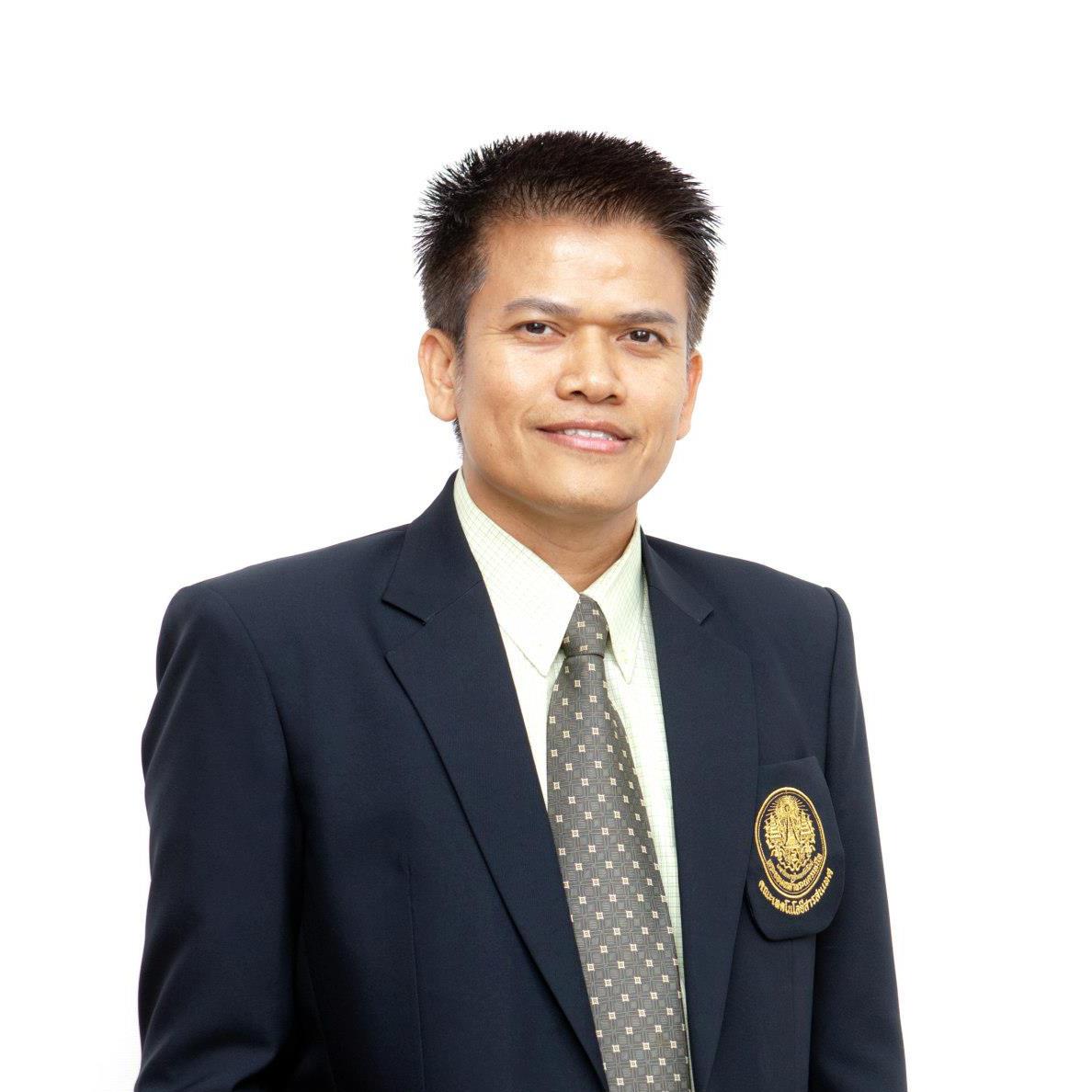About This Course
In this comprehensive course, students will delve into the intricate realm of optimization problems, gaining a deep understanding of the fundamental concepts that underpin this critical field. The course serves as an intellectual journey through the classification of optimization methods, where students will unravel the diverse strategies that have been developed to tackle a wide array of complex challenges. At its core, the course explores the very essence of metaheuristics, shedding light on its intricate definition and conceptual framework. As students progress, they will be introduced to a multitude of metaheuristic techniques, each a powerful tool in its own right. The exploration kicks off with an in-depth look at local search, where algorithms seek to optimize solutions by iteratively improving upon a starting point. From there, the horizon broadens to include methodologies like simulated annealing, which mimics the physical process of annealing in materials to efficiently navigate solution spaces. The course then ventures into tabu search, a method that employs memory structures to avoid retracing previous steps, and variable neighborhood search, which ingeniously explores different solution neighborhoods for optimal outcomes. Venturing even further, students will grasp the intricacies of genetic algorithms, drawing inspiration from biological evolution to evolve solutions over generations.
The realm of nature-inspired methods doesn't stop there, as the curriculum delves into ant colony optimization, harnessing the collective behavior of ants to solve complex optimization problems, and swarm intelligence optimization, where the collective behavior of a group of agents guides the optimization process. The course wraps up with an exploration of recent advances in metaheuristic methods, ensuring students are well-versed in the latest trends and innovations. To solidify their understanding, the curriculum culminates with enlightening case studies that bridge theory with practical applications, showcasing how metaheuristics have transformed real-world challenges across diverse domains. In essence, this course offers an illuminating journey into the heart of optimization and metaheuristic techniques, equipping students with the knowledge and tools to tackle the most intricate and demanding problems across various industries.
Course Staff
Staff Member #1
Biography of Assoc.Prof.Dr.Phayung Meesad
Phayung Meesad holds a Ph.D. in Philosophy in Electrical Engineering from Oklahoma State Water University in the USA. They also have a Master's degree in Electrical Engineering from the same university and a Bachelor's degree in Technical Program (Electrical Engineering) from King Mongkut's University of Technology North Bangkok. Phayung Meesad has taught subjects such as Data Mining, Advanced Data Mining, Fuzzy System and Neural Network, Machine Learning, Algorithms for Information and Data Science, Advanced Research Methodology, Big Data Analytics, and more. He has also held various administrative roles in the Faculty of Information Technology and Digital Information at KMUTNB, including Associate Dean for Administration from 2004 to 2008, Associate Dean for Academic and Research Affairs from 2008 to 2012, and Dean from 2012 to 2016. Currently, he serves as the Director of Central Library and a full-time faculty member of Department of Information Technology Managememnt (ITM), Faculty of Information Technology and Digigtal Innovation (ITD), KMUTNB.
Staff Member #2
Biography of instructor/staff member #2



